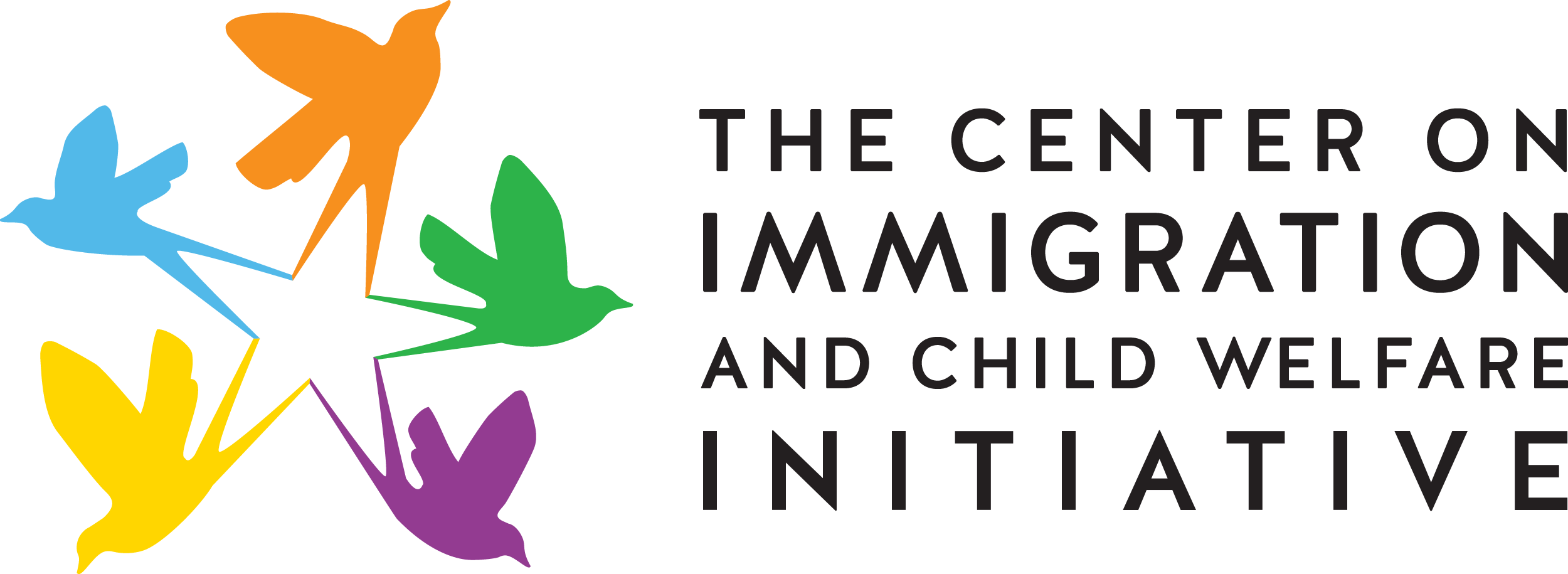This self-paced 5-module online training explores how service organizations and practitioners can implement policies and practices to increase inclusivity of immigrant families, and how trauma-informed practice can be tailored to address the unique experiences of immigrant families. It also includes discussion of a model for implementing immigrant specialist navigators within organizations. Module topics are described in depth below.
This course is intended for leaders, frontline practitioners, and other professionals in organizations that serve immigrant families across a variety of community settings. It is being offered as a Microlearning course via NMSU Global Campus and is available in English and in Spanish. 6 free cultural social work CEUs are available via the NMSU School of Social Work.
Click the corresponding button below to go to the NMSU Global Campus website where you can enroll in the course.

